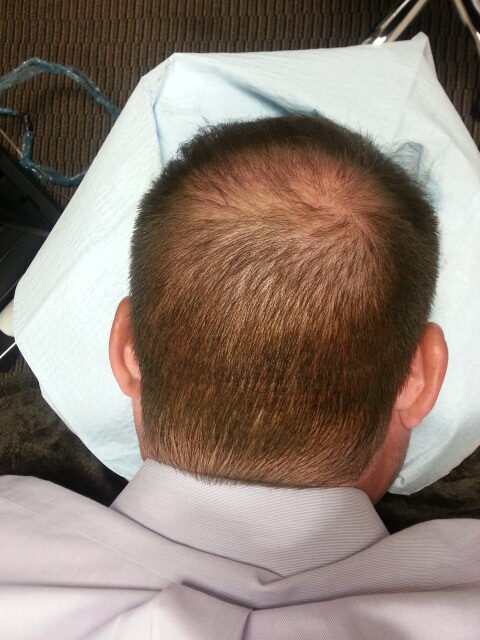Hair loss seems to have become an epidemic. Everybody is scared of losing hair. Given the number of rising causes of hair loss, the very thought of losing hair sends shivers down the spine.
Rightly so, hair loss is caused by numerous factors. It could be a hormonal imbalance or medical condition, environmental pollution, physical or mental stress, or medication. In this post, let’s explore the relationship between disease and hair loss. What illnesses cause hair loss?
Disease and Hair Loss Mystery
Fungal infections
Infections happen when bacteria, fungi, or viruses enter your body; the cells may get damaged. As a result, you may suffer from hair loss, among other problems.
Scalp fungus affects scalp hair. These fungi infiltrate the outer sheath of follicles. It can affect the hair shaft, too, resulting in inflammation and hair thinning.
Androgenetic Alopecia
When talking about disease and hair loss, you cannot ignore androgenetic alopecia. The condition affects over 50 percent of men. Also known as pattern hair loss or baldness, androgenetic alopecia is often blamed on your genes. Its hereditary connection has been explored. Research finds that someone whose mother’s side or father’s side had this problem may develop genetic sensitivity to androgens and dihydrotestosterone. As a result, the anagen phase shortens, resulting in smaller and shorter follicles. Hair thinning is a common problem.
Alopecia Areata
Alopecia areata is another example of the connection between disease and hair loss. It is an autoimmune disorder when the immune system launches an attack against anagen follicles. As a result, these follicles prematurely enter the catagen phase. Research claims that stress, viral infection, certain drugs, or vaccines can be easy triggers. It starts with bald patches.
Autoimmune Disorders
Certain autoimmune conditions may make you prone to hair loss. People with thyroid, IBS, rheumatoid arthritis, psoriasis, and vitiligo may be vulnerable to hair loss.
Diabetes
Hair loss is one of the side effects of insulin resistance. Hair follicles also contain insulin, which may be involved in androgen metabolism. This could affect the hair growth cycle. Diabetes hair loss isa reality and may result in miniaturization of hair follicles.
Trichotillomania
One of the mental health disorders, TTM is an impulse-control syndrome that results in compulsive hairpulling. The affected person starts pulling their own hair. It is generally believed to be sparked by chronic stress.
Is Hair Loss From Disease Treatable?
Well, several hair loss treatments claim to treat hair shedding induced by disease or illness. One such treatment is Finasteride, which helps block hormone conversion, which is blamed for hair thinning in androgenetic alopecia. But the treatment is effective as long as you are taking it. Hair loss begins when you stop the treatment. The same goes for Minoxidil spray.
Other hair loss treatments, such as hair transplants, are costly and painful. What’s more, they leave scalp scars too.
If you do not wish to go under the knife, try scalp micropigmentation instead. SMP is a revolutionary technique to conceal hair problems. Whether thinning hair is hurting you or a receding hairline gives a blow to your self-esteem, you can trust SMP to hide these scalp problems. Not only this, SMP works to hide pattern baldness as well as scalp scars.
But you need the services of an Arizona SMP professional and not a tattoo artist. Trust scalp experts at DermiMatch Clinic. They are the best in the business and have a clean track record of delivering excellence.

